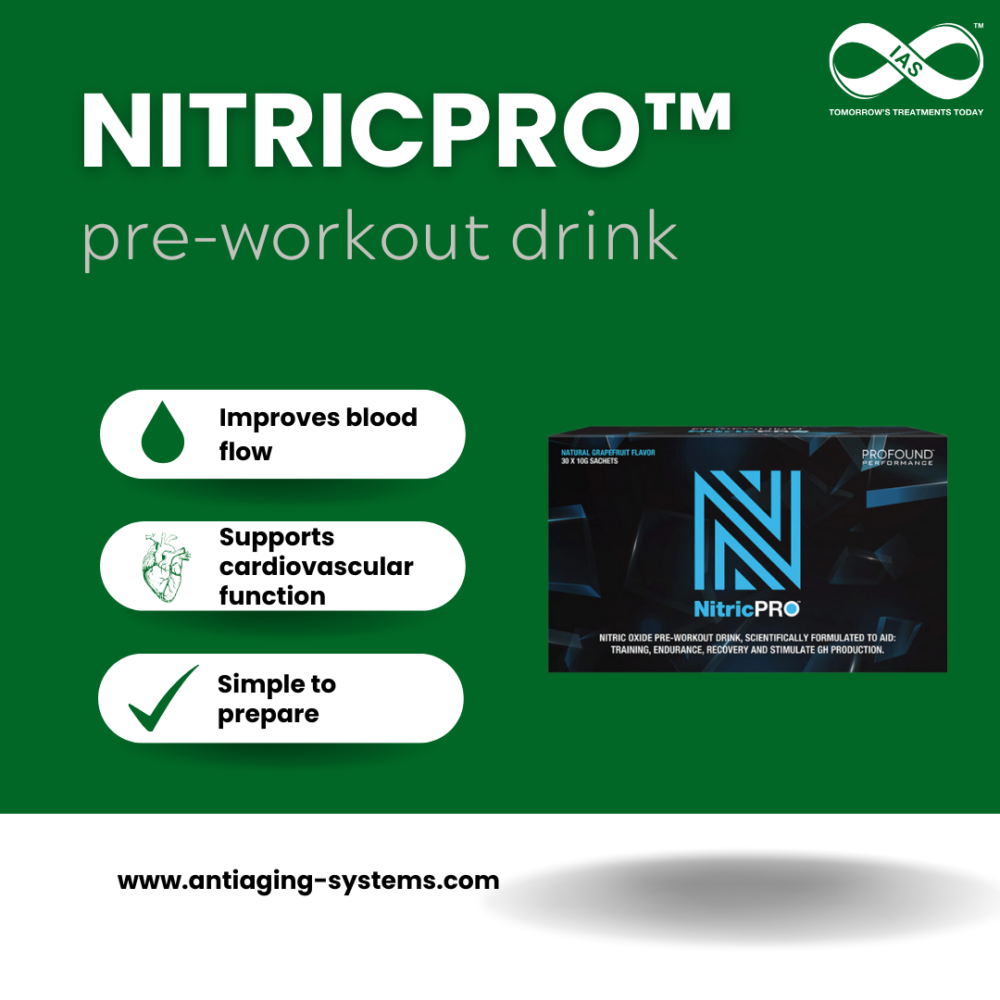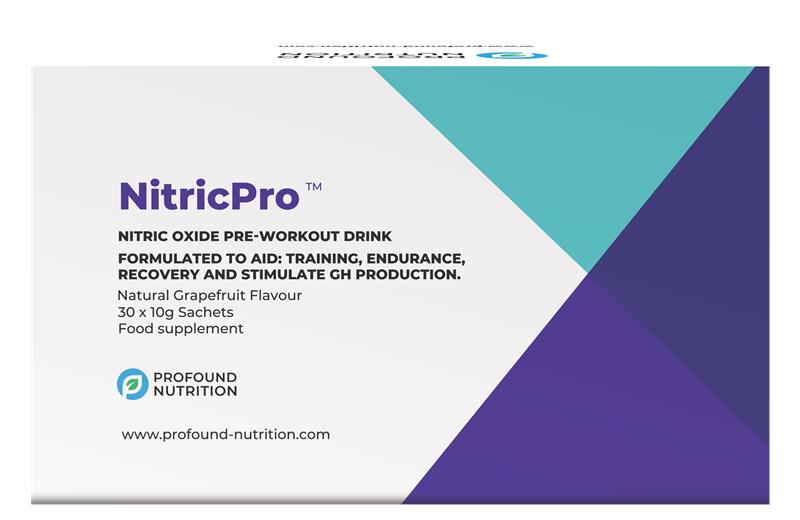How to Boost Nitric Oxide Levels and Why
 If you’re someone who regularly works out, then you’ve probably heard of nitric oxide (NO). It’s a gas molecule that plays an essential role in muscle growth and strength. But what is it, and how do you increase your intake?
If you’re someone who regularly works out, then you’ve probably heard of nitric oxide (NO). It’s a gas molecule that plays an essential role in muscle growth and strength. But what is it, and how do you increase your intake?
In this article, we’ll look at nitric oxide, how it affects our body and health, and whether we can boost its levels.
What Is Nitric Oxide?
Nitric oxide is a naturally occurring compound found in our bodies. It is a vasodilator, meaning that it relaxes and widens blood vessels. When this happens, more oxygen can reach areas of the body, such as our muscles and organs. This can lead to increased strength and endurance during exercise, as well as a decrease in recovery time after a workout.
Not only this, but nitric oxide can stimulate hormone production and regulate the neurochemical processes[1]. It is even being studied for its potential to help fight various diseases, including Alzheimer’s [2].
What Does Nitric Oxide Do in The Body?
Aside from increasing oxygen uptake, nitric oxide plays an important role in maintaining healthy blood vessels. It can help to reduce inflammation and improve circulation in our bodies. This can enable better absorption of vitamins and minerals from food, as well as aiding digestion[3].
Nitric oxide can also help our bodies in many other ways, including:
- Regulating the nervous system and reducing symptoms related to stress and anxiety[4]
- Improving sexual health and libido
- Boosting immunity by helping white blood cells fight off infection more efficiently
- Reducing blood pressure and aiding cardiovascular health
However, even though nitric oxide offers a wealth of benefits, you should always seek medical advice if you or a loved one have any health concerns.
Why Do We Use Nitric Oxide As a Pre-Workout Drink?
While supplements, such as pre-workout drinks, don’t contain actual nitric oxide, they do contain compounds that create it. Since nitric oxide is responsible for increasing oxygen flow to our muscles, pre-workout drinks containing these substances can increase energy levels and reduce fatigue during a workout.
This means we can push ourselves further and get a better workout in less time. We can also recover quicker after our workouts since the increased oxygen flow helps reduce lactic acid buildup.
Additionally, research has found that nitric oxide can help boost our metabolism[5], which may help to increase fat burn.
Ways to Supplement Nitric Oxide Levels
If you’re looking to boost your nitric oxide levels, there are several ways to do so. Here are just a few:
- Eat foods rich in nitrates, such as spinach, celery, arugula and beetroot
- Take supplements containing L-arginine, L-citrulline, or Nitrates
- Boost your intake of vitamin C and other antioxidants to reduce free radicals and increase the lifespan of nitric oxide in the bloodstream
- Exercise regularly to keep healthy and increase the production of nitric oxide
- Avoid smoking as this can deplete nitric oxide levels
- Drink pre-workout drinks containing nitric oxide boosting compounds to aid performance and recovery
Conclusion
Nitric oxide is an important molecule found in our bodies. It offers many health benefits, such as increasing oxygen uptake, boosting immunity, and reducing inflammation. Additionally, some pre-workout drinks can boost nitric oxide, helping improve performance during a workout and speeding up the recovery process.
If you want to boost your nitric oxide levels, check out Nitric Oxide (NitricPro™) Pre Workout Drink. This contains a blend of vitamins, minerals, and nitric oxide-boosting compounds to help you get the most out of your workouts!
[1] Dietary supplements for improving nitric-oxide synthesis – PMC (nih.gov)
[3] Role of nitric oxide in the gastrointestinal tract – PMC (nih.gov)
[5] IMPACT OF NITRIC OXIDE ON METABOLISM IN HEALTH AND AGE-RELATED DISEASE – PMC (nih.gov)
